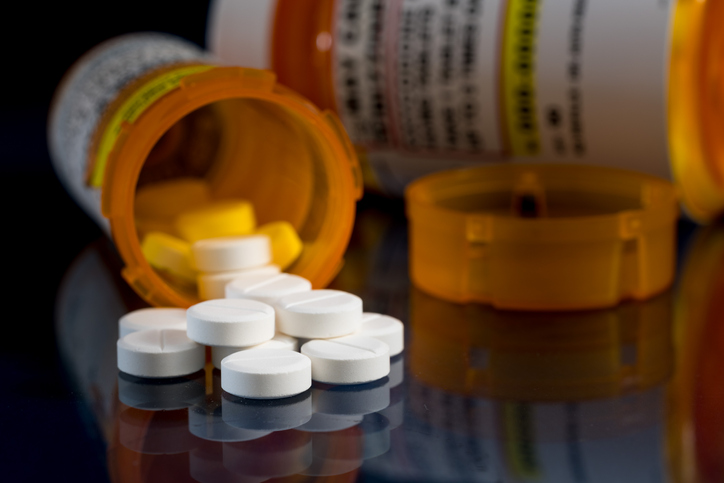There is no single road to recovery for someone with an addiction. Recovery is different from person to person, which is why there are so many different paths to sobriety. One thing is for certain — recovery takes commitment and patience.
Addiction is a complex disease that affects the brain. Drugs produce changes in the brain that can make it difficult — and sometimes even dangerous — for a person to stop using on their own. Therefore, most people cannot stop taking drugs simply because they want to quit. Fortunately, rehab can help a person recover from drug or alcohol addiction and lead a productive life. However, treatment does not happen overnight. A person must follow a path toward recovery.
Knowing what to expect on the path toward recovery can make it easier to work toward your goals and avoid setbacks along the way. We’ll go over what the recovery process looks like and what you can expect.
As mentioned earlier, different people will face different challenges along the way. The guide below is just a general overview.
Recognizing That Your Addiction Is a Problem
The first stage of recovery is recognizing the problem. There are various things that can trigger this insight — maybe friends or family members are concerned, or perhaps you have lost your job because of drinking or drugs. There may be a single event or a series of events that trigger a growing awareness. Even though you might be aware that your substance use is a problem, you may not be ready to do anything about it at this point.
Deciding to Make a Change
In this stage, you have decided to make a change. You have transitioned from awareness of the problem to action. You might find and read resources about addiction, such as this blog post. Maybe you have decided to open up to friends and family about your addiction and ask for their help. Or, you have decided to ask your doctor for substance abuse resources.
Finding Treatment Options
During the next step, you are actively exploring treatment options. You might reach out to an addiction specialist to learn more about treatment options, such as:
- Healthy meals — Learning how to eat well-balanced meals is an important part of substance abuse treatment rehab. Substance abuse often causes nutritional deficiencies. Healthy meal times will help you learn how to get the proper nutrition and develop a new routine.
- Medical detox – Medical detox is the first step of treatment for many people with drug or alcohol addiction. This treatment program consists of medically supervised interventions that are designed to help the body rid itself of the drug or alcohol.
- Therapy – Therapy helps you deal with the psychological factors that contributed to your substance abuse. It teaches you how to cope with triggers. Common therapies include individual therapy, grief therapy, group substance abuse therapy and cognitive behavioral therapy.
- 12-step programming — Most rehab programs include a 12-step component. These programs are based on peer support. Alcoholics Anonymous and Narcotics Anonymous are two well-known programs.
- Exercise and wellness — Many treatment programs take a holistic approach to wellness and include exercise.
- Medication management — Medications are usually part of rehab treatment. Depending on your specific needs, medications may be used to treat co-occurring mental health disorders.
Celebrating Recovery
After rehab, you can celebrate the goals that you have achieved during the process. It is important to understand that the recovery process isn’t over once you leave rehab. Lasting sobriety is the result of the decisions and actions you take after leaving rehab. One of the most beneficial things you can do after rehab is to participate in aftercare programs. These provide the support needed to help you maintain sobriety.
The key to recovery is following the above steps. The first step is to contact Buena Vista Recovery to start on your journey toward sobriety and wellness.




